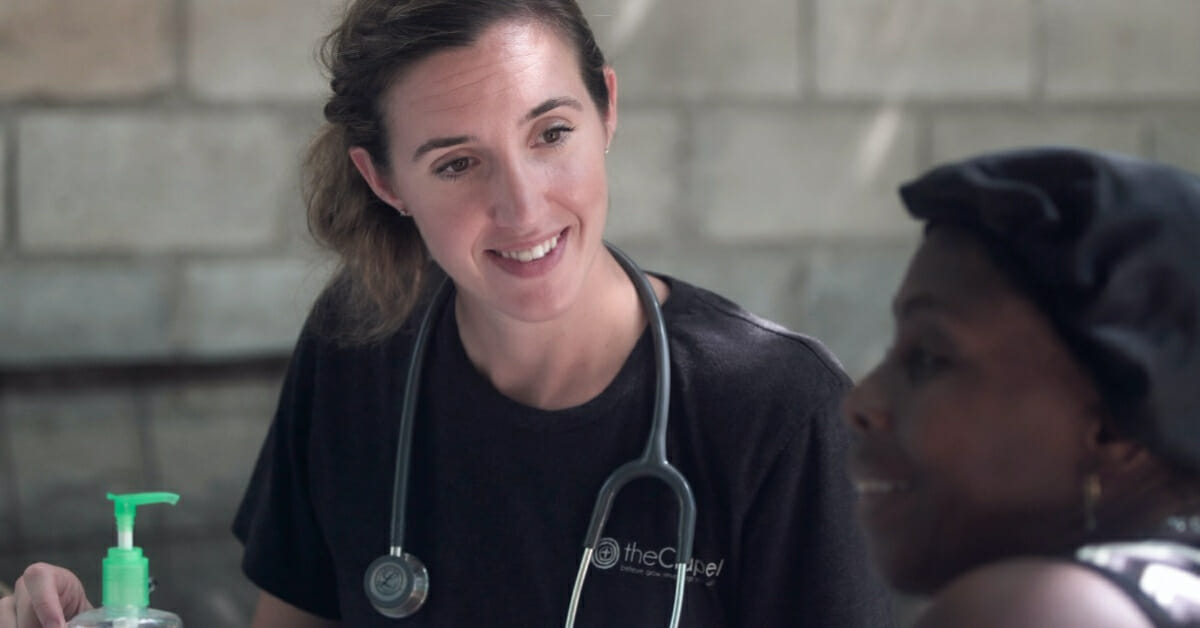This comprehensive course explores the science of human nutrition through an integrative approach spanning from molecular mechanisms to clinical applications. Students will develop a solid foundation in the structure and function of essential biomolecules and nutrients, including carbohydrates, proteins, lipids, vitamins, minerals, and water. The course examines the physiological processes of digestion and absorption, tracing the journey of nutrients from consumption to cellular utilization. Metabolic pathways and energy regulation are investigated in depth, with emphasis on how nutritional status influences overall health and disease prevention.
The clinical relevance of nutrition is a central focus, connecting theoretical concepts to practical healthcare scenarios. Students will explore how nutritional requirements change throughout the lifespan, the role of nutrition in managing chronic diseases, and evidence-based approaches to nutritional assessment and intervention. Students will develop the knowledge and skills necessary to translate nutritional science into effective health promotion and clinical practice.
Learning objectives
After the completion of this course, you will be able to:
- Differentiate the major classes of biomolecules and nutrients, explaining their chemical structures, functions, and roles in human health.
- Analyze the physiological processes of digestion and absorption across the gastrointestinal tract, including enzymatic activity and transport mechanisms.
- Evaluate how nutritional status affects metabolic pathways and energy regulation in various physiological and pathological states.
- Assess nutritional requirements across different life stages, from pregnancy and lactation to aging.
- Apply principles of nutritional biochemistry to explain the pathophysiology of diet-related diseases such as diabetes, cardiovascular disease, and metabolic syndrome.
- Interpret laboratory values and clinical indicators related to nutritional status and metabolic function.
- Develop evidence-based nutritional interventions for prevention and management of chronic diseases.
- Critically evaluate nutrition research and popular dietary trends using scientific principles and clinical evidence.
- Perform comprehensive nutritional assessments incorporating anthropometric measurements, dietary intake analysis, and biochemical markers.
- Synthesize knowledge of molecular nutrition, metabolism, and clinical applications to develop personalized nutrition plans that address individual health needs and goals.
Course outline
- Biomolecules and Nutrients
- Digestion and Absorption
- Metabolism
- Clinical Relevance
